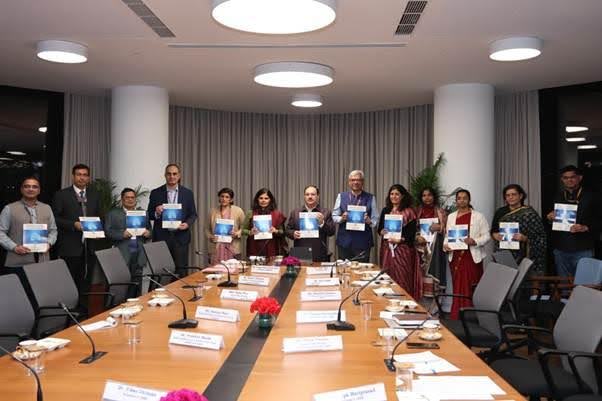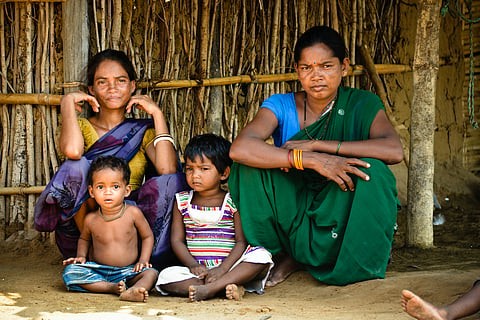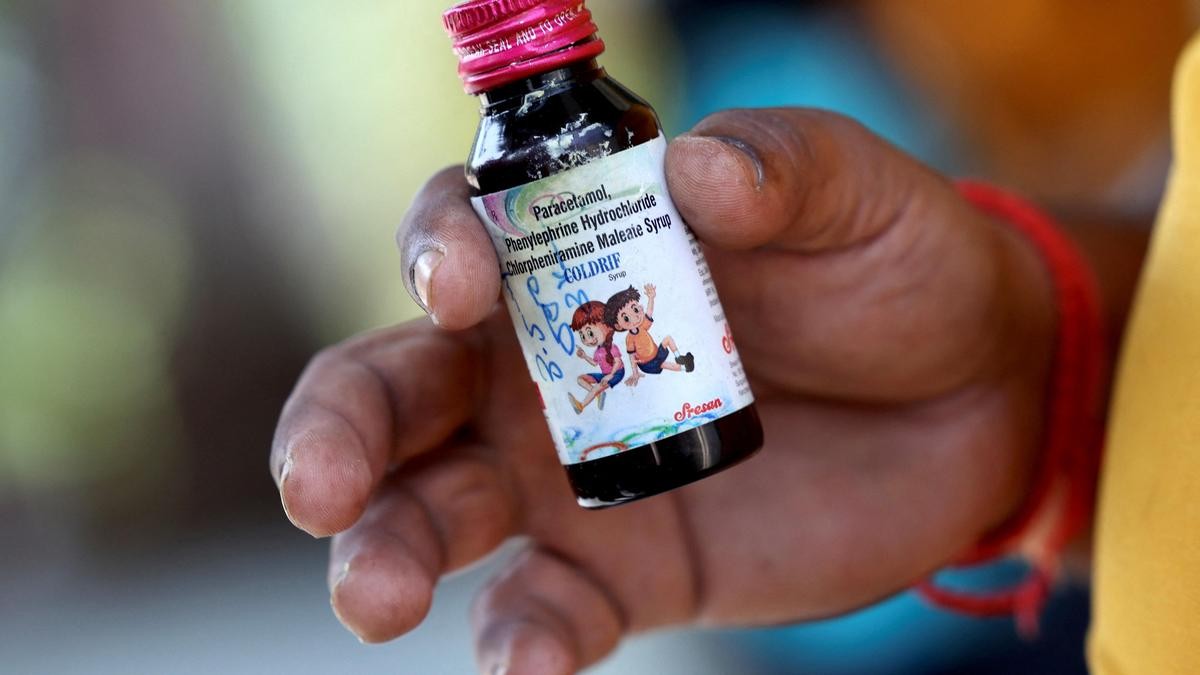





Disclaimer: Copyright infringement not intended.
The recent death of a young female elephant calf due to the herpes virus at Chandaka Wildlife Sanctuary in Odisha has raised significant concerns among wildlife activists and experts.
|
Virus |
Elephant Endotheliotropic Herpesvirus (EEHV) or Elephantid betaherpesvirus 1 (ElHV-1) |
|
Primary Host |
Asian elephants (highly fatal); generally benign in African elephants |
|
Affected Age Group |
Primarily affects juvenile Asian elephants aged 1-8 years; some cases in older wild-born adults and calves |
|
Symptoms |
Lethargy, reduced appetite, swelling, oral/nasal bleeding, rapid deterioration, cyanosis, mouth ulcers, edema |
|
Fatality Rate |
Up to 80% in severely affected Asian elephants; rapid progression with death within 24 hours to 5 days |
|
First Documented Case |
1990; cases identified as early as 1983 from stored tissue samples |
|
Virus Transmission |
Proboscivirus genus; potentially transmitted via trunk secretions; discouraged contact between Asian and African elephants |
|
Known Species/Types |
EEHV1A, EEHV1B (highly fatal in Asian elephants); EEHV2, EEHV3, EEHV4, EEHV5, EEHV6 |
|
Treatment |
Rapid antiviral drug (famciclovir); effective in about 1 in 3 cases; requires early identification |
|
Documented Cases |
Over 54 cases in North America and Europe; only 9 successfully treated |
|
Impact on Populations |
Significant threat to captive and wild Asian elephant populations; high mortality among young animals |
|
Preventive Measures |
Enzyme-linked immunosorbent assay testing; monitoring for antibodies; avoiding close contact between infected and healthy elephants |
|
Key Historical Cases |
First fatal case at National Zoo, Washington, D.C. in 1995 |
|
1996: First fatal case in African elephants (Kijana, an 11-month-old male) |
|
|
2006: First confirmed case in Asia (young calf at Cambodia sanctuary) |
|
|
2019: Successful recovery of calf Indali Hi Way at Chester Zoo |
|
|
2024: Two deaths reported at Dublin Zoo (Avani, 8 years, and Zinda, 7 years) |
|
|
Research & Developments |
Ongoing research for vaccine development; urgent studies needed on EEHV in wild Asian populations |
|
Transmission Avoidance |
Avoid mixing Asian and African elephants; limit new contact between young captive-born and wild-born Asian elephants due to carrier risks |
READ IN DETAIL-
|
PRACTICE QUESTION Q. With reference to Elephant Endotheliotropic Herpesvirus (EEHV), consider the following statements:
Which of the statements given above is/are correct? (a) 1 only (b) 1 and 2 only (c) 2 and 3 only (d) 1, 2, and 3 Answer: (a) |







© 2026 iasgyan. All right reserved